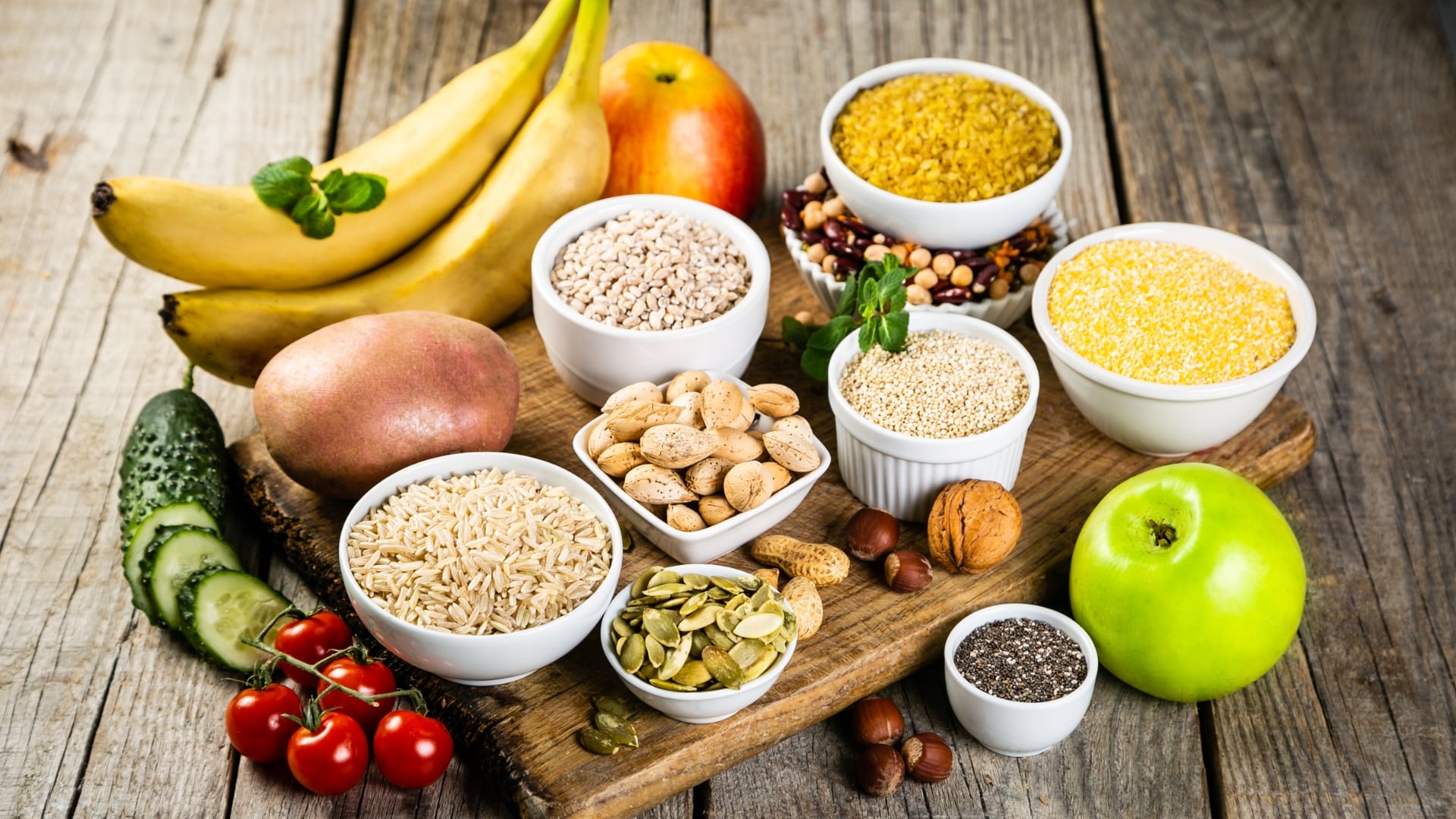Learn about the power of alkaline foods and how a pH-balanced diet can boost your health.
In the vast realm of nutrition and health, the discussion around the pH level of our foods and its potential impact on our well-being is both intriguing and contentious.
But what is the pH level, and why is it important? Dive deep into the world of alkaline foods and discover the health benefits of maintaining a pH-balanced diet.
Understanding pH and the Human Body
pH is a measure of how acidic or alkaline a substance is, on a scale of 0 to 14. Anything below 7 is acidic, 7 is neutral, and above 7 is alkaline. The human body naturally maintains a slightly alkaline pH level of around 7.4 in the blood.
However, dietary choices can impact the body’s pH balance. Consuming a high volume of acidic foods can lead to a slightly acidic pH, while intake of alkaline foods can help maintain or shift the body to a more alkaline state.
Alkaline Foods: What Are They?
Alkaline foods are predominantly plant-based and include:
- Leafy greens (spinach, kale, chard)
- Cruciferous vegetables (broccoli, cauliflower)
- Root vegetables (beets, carrots)
- Fruits (especially citrus, bananas, and avocados)
- Nuts and seeds (especially almonds)
- Legumes
- Some grains (like quinoa)
In contrast, foods considered acidic include processed foods, meats, dairy products, eggs, grains, and alcohol.
Potential Health Benefits of Alkaline Foods
- Improved Digestive Health: Alkaline foods, particularly leafy greens and vegetables, are rich in dietary fiber which promotes gut health and regular bowel movements.
- Stronger Bones: Some studies suggest that a diet high in acidic foods can lead to a loss of bone density, as the body uses calcium to neutralize the excess acid. Consuming more alkaline foods can potentially reduce this risk.
- Enhanced Immune Function: An alkaline environment is believed to be less hospitable to pathogens, thereby supporting the immune system.
- Reduced Inflammation: Chronic inflammation is linked to numerous health issues, from arthritis to heart disease. Alkaline foods, being rich in antioxidants, can combat oxidative stress and reduce inflammation.
- Optimized Energy Levels: An alkaline diet can lead to improved energy efficiency in cells, leading to increased vitality and stamina.
- Weight Management: High-fiber alkaline foods can help in maintaining a healthy weight due to their satiating nature and metabolism-boosting properties.
- Improved Skin Health: A diet rich in alkaline foods can lead to better hydration and potentially clearer skin.
Critics and Considerations
While there are advocates for the alkaline diet, it’s essential to approach it with a balanced perspective. Not all acidic foods are inherently ‘bad.’ For instance, foods like berries, which are slightly acidic, are packed with antioxidants and other essential nutrients. It’s always crucial to maintain a balanced diet and consult with nutritionists or health professionals when considering major dietary changes.
In Conclusion
The power of alkaline foods is rooted in their nutrient density and potential to support our body’s natural pH balance.
By incorporating more alkaline foods into our diet, we not only nourish our bodies with essential vitamins and minerals but also promote an environment where our cells can thrive.
As with all dietary approaches, it’s essential to find what works best for your body and always prioritize balance and variety.





